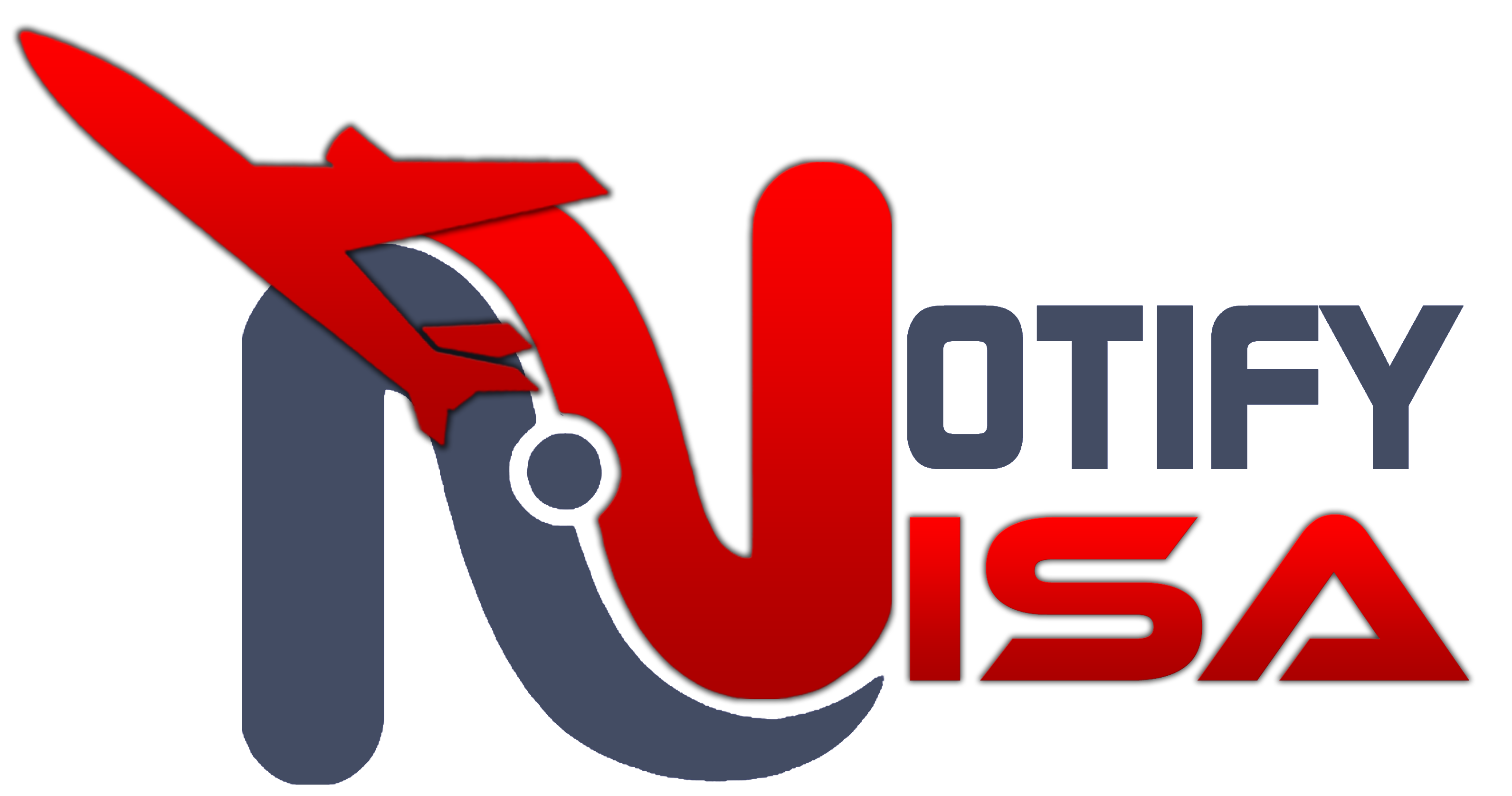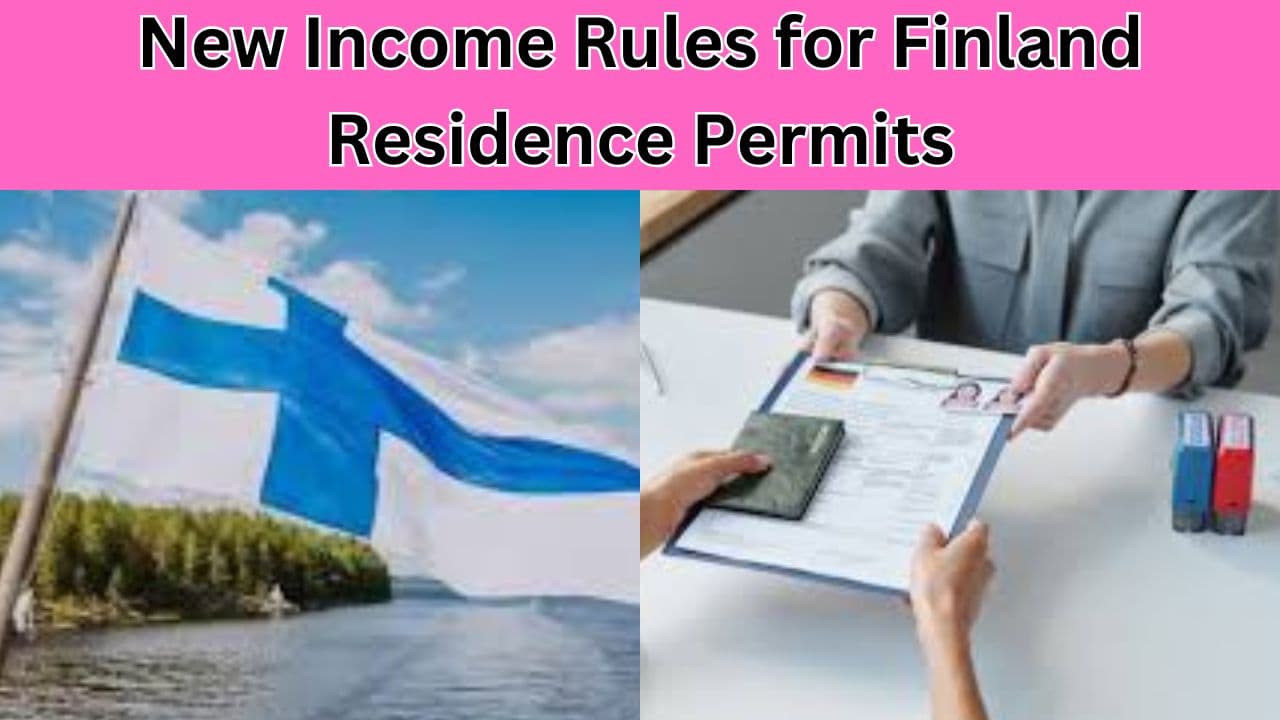You are essentially asking for a Schengen visa when you apply for a Swiss visa, allowing you to travel freely within all Schengen countries. In 1999, Switzerland adopted the Declaration on the Free Development of People (AFMP) which lowered the requirements for living and working in Switzerland for citizens of the European Union and the European Free Exchange Association. Visas are not needed for citizens of the EU or EFTA to enter or stay in Switzerland for a maximum of 90 days.
When applying for a Swiss visa, you need to take into account the requirements specific to your country. There are fewer obstacles for citizens of EU and EFTA countries and they are not constrained by distant labourer shares. Nonetheless, inhabitants of recently admitted nations to the EU might face the same severe limitations imposed on citizens of non-EU/EFTA countries.
What Would a Swiss Work Visa be Like?
Foreign nationals can reside and work in Switzerland with a Swiss Work Visa. But because of government limitations on the number of licenses granted annually the procedure has grown increasingly difficult particularly for non-EU/EFTA citizens. Applicants are not allowed to reapply until the following year when the quota is achieved.
- Permit L: Needing a contract of three to twelve months this permit is suitable for people who plan to stay in Switzerland for less than a year.
- Permit B: For individuals who plan to stay longer than a year as long as they have a minimum 12-month employment contract.
- Permit G: For workers who cross borders and reside in one neighboring nation but work in Switzerland, provided they make at least one weekly trip home.
Check Also: Italy Work Visa Guide October 2024
Requirements for Switzerland Work Visa Process October 2024:
The Swiss government recently increased the percentage of non-EU/EFTA citizens with work permits and broadened the language requirement. Non-Swiss nationals are currently required to speak and write in their Swiss canton’s dominant dialect at least at an A1 level.
The more familiarity you must have the longer you stay in Switzerland. You must provide proof of enrolment in a language course if you are applying for a B-level visa and do not speak any of the four official dialects.
For a maximum of ninety days, EU/EFTA nationals are permitted to reside and work in Switzerland without a work permit. Your employer should register your employment with the local canton authorities or via the government’s web portal. This has to have happened recently, starting with the workday.
- Be an exceptionally skilled worker. This suggests you are a manager, expert or other highly skilled professional.
- Hold a bachelor’s degree or a similar degree from the following educational establishment.
- Have worked proficiently for several years.
Give evidence that your social and professional growth will advance in Switzerland. Your age, your familiarity with the local dialect, your knowledge of other languages and your plan to adapt to Swiss culture are all taken into account.
You could need work authorization for projects that take longer than ninety days this will be mentioned in your residence permit. In some ways, citizens of the EU and EFTA will automatically have their work permits and residence permits integrated.
The requirements for work authorisation vary slightly between cantons however as a citizen of the EU or EFTA, you should be aware of the following:
- A valid resident card or visa
- Employment agreement
Benefits for Switzerland Work Visa Process October 2024:
- Switzerland is one of a small number of countries with an exceptionally low unemployment rate indicating that there may be plenty of opportunities for talented professionals. Aside from the promising economic environment the nation offers better wages than the majority of European states. Furthermore, a lot of the representatives who work in Switzerland receive two or three times the pay that people in similar positions in the rest of Europe receive.
- In summary, Switzerland may be the best place for you to live and work if you need to make a high income.
- Among the greatest in the world are the schools in Switzerland. The standards for instruction are the same in both private and public schools. Furthermore, compared to most other countries living in Switzerland is reasonably priced.
- Families may find that the healthcare system in a potential new country plays a major role in their decision to relocate. Switzerland has one of the world’s top healthcare systems.
- Within three months of entering the country every resident is required to obtain therapeutic protections. Once you have the necessary scope, you can visit renowned medical offices. Some may argue that the expense of protection is somewhat excessive, but given the wide range of benefits it offers the potential cost is negligible.
- Anybody planning a relocation to a new place may have serious concerns about their safety especially if they have a family. Moving one’s family to a high-crime location is not necessary.
- Fortunately, Switzerland is one of the safest countries in the world due to its low rate of wrongdoing. You won’t have to worry about your loved ones’ safety there as you live peacefully.
- Along with the aforementioned priorities Switzerland’s neutral stance on international legal matters contributes to its economic stability and ability to weather even the most volatile financial periods. Restrictions and exchange confinements do not affect it since it remains impartial and avoids involvement in doubtful political matters. People in Switzerland can prosper and preserve their way of life as a result.
Switzerland Work Visa Process October 2024 Application Process:
Your manager applies for your work permit to the local Swiss canton’s migration specialist when you secure a job there. You now have the legal authority to reside and work in Switzerland. After that, the application is forwarded to the SEM for endorsement.
Stamped work visa for Switzerland
Once you have secured employment you can apply for a work permit in Switzerland through the Swiss department or embassy in your home country. Either way, you need a work permit for a certain amount of time. Your visa has been approved as of late. The provincial movement consultant will get in touch with the embassy or consulate that has granted your visa if your work application is successful.
Along with filing your visa application, you also need to submit the following:
- A photocopy of your passport or a valid international ID
- Evidence of your work offer such as a copy of the work contract or an offer letter
- Your resume and copies of your teaching and professional skills in Italian, French, German or English.
- The processing of a visa application typically takes eight to ten weeks.
Swiss Work Visa Fees:
The current fee for a Category D visa is CHF 88. If you choose to apply for the visa outside of regular business hours or in a hurry, you will have to pay a higher fee of up to 50% more than the normal amount. Payment is required at the time of application.
Conclusion:
After residing in Switzerland continuously for twelve years foreigners are eligible to apply for Swiss citizenship. Regardless, foreigners should be aware that the process is problematic. It involves three steps: determining if candidates are in line with Swiss customs and traditions, conform to Swiss law and are not compromising Switzerland’s internal or external security are among the first two. The analysis relies on reports from communities and cantons. Many foreign nationals have chosen to continuously re-establish their permanent resident visa since then.




Good I am rade
Italy work
Worker visa
I am ready
10/